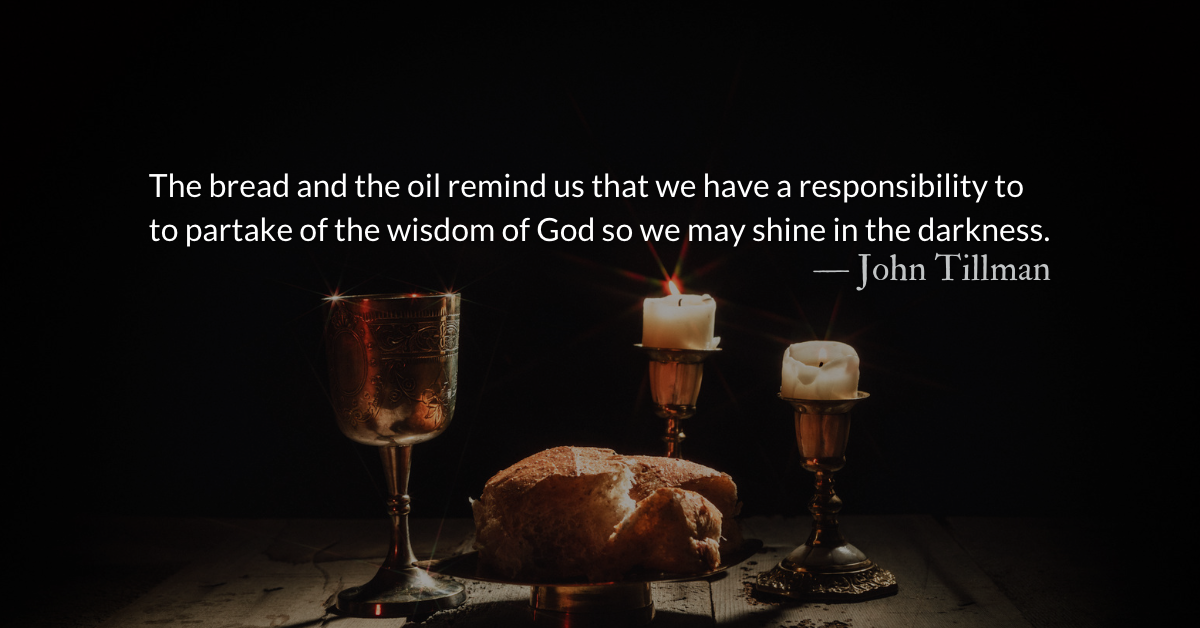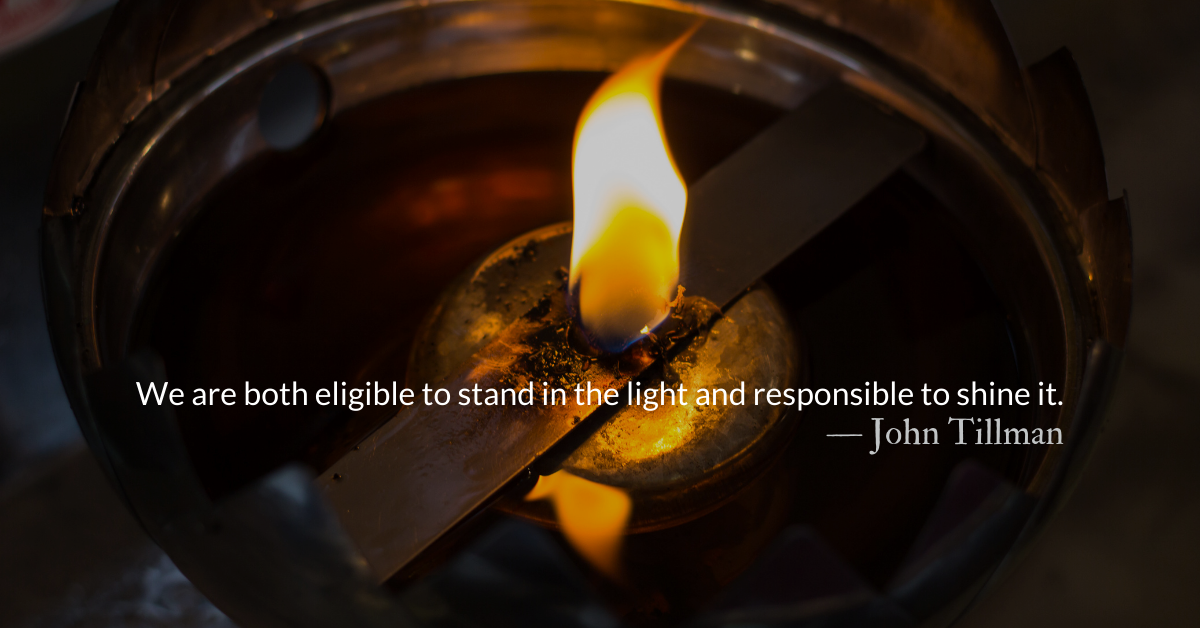Links for today’s readings:
Read: Exodus 25 Listen: (4:20) Read: Luke 7 Listen: (7:14)
Links for this weekend’s readings:
Read: Exodus 26 Listen: (4:18) Read: Luke 8 Listen: (8:09)
Read: Exodus 27 Listen: (2:52) Read: Luke 9 Listen: (8:05)
Scripture Focus: Exodus 25.19-22
19 Make one cherub on one end and the second cherub on the other; make the cherubim of one piece with the cover, at the two ends. 20 The cherubim are to have their wings spread upward, overshadowing the cover with them. The cherubim are to face each other, looking toward the cover. 21 Place the cover on top of the ark and put in the ark the tablets of the covenant law that I will give you. 22 There, above the cover between the two cherubim that are over the ark of the covenant law, I will meet with you and give you all my commands for the Israelites.
Reflection: At The Mercy Seat
By John Tillman
The presence of the Lord went with Israel from the time they left Egypt. The pillar of cloud and fire was the visible sign of God’s presence.
In the instructions for the Ark of the Covenant, God defined a new physical representation of God’s presence. The Spirit of God would “rest” or sit above the mercy seat between the wings of the angels on the cover of the Ark.
The Ark was the centerpiece of the Tabernacle and the liturgy of worship that began in the wilderness journey. Before this time, followers of God sacrificed to him wherever they were, building altars and offering worship in place after place, even in foreign lands. The Tabernacle and the Ark represented a shift. God was still God out on the hilltops and under every spreading tree. But after the Ark and Tabernacle, God called all the people to worship under one roof, at one place, and in one specific way.
The Ark’s mercy seat was a throne for God’s presence. At the mercy seat, God’s people, represented by Moses, Aaron, and the prophets to follow, met with God. Moses met with God for guidance, wisdom, and to seek God’s will. Aaron and the priests met with God to confess and atone for their own sins and the sins of the people.
The access to the Ark was tightly controlled. Very few people ever directly entered God’s presence there. But today, every follower of Jesus has this level of access. Jesus made a new covenant that tore open the curtain hiding the mercy seat.
Instead of a gold-covered lid, Christ’s mercy seat is a blood-soaked hilltop. Instead of hovering between angels’ wings, Jesus hung between two thieves. Instead of us bringing blood to atone for our sin, the atoning work is finished in Jesus. Instead of a representative going to the mercy seat once a year, we can go directly to him at any time.
Through the Holy Spirit, go to Christ’s mercy seat today. Like Moses, speak to God face to face.
Make Jesus the centerpiece of your daily and weekly liturgy of worship. Find forgiveness and mercy. Find friendship and acceptance. Find guidance and wisdom. At Christ’s mercy seat, fulfill your priestly and prophetic role. Confess the sins of your nation, then speak to your community the commands and wisdom of Jesus.
Divine Hours Prayer: A Reading
Then, speaking to all, he said, “If anyone wants to be a follower of mine, let him renounce himself and take up his cross every day and follow me.” — Luke 9.23
– Divine Hours prayers from The Divine Hours: Prayers for Springtime by Phyllis Tickle.
Read more: Mercy Seat and Manger
The mercy seat and the manger represent God’s throne. In the gold-covered room, we glimpse his glory and worth. In the humble manger, he shows us ours.
Read more: Bread and Oil
In the Tabernacle and the Temples, only priests could eat the bread or tend the lamps. But Jesus tore down the curtains and barriers.




